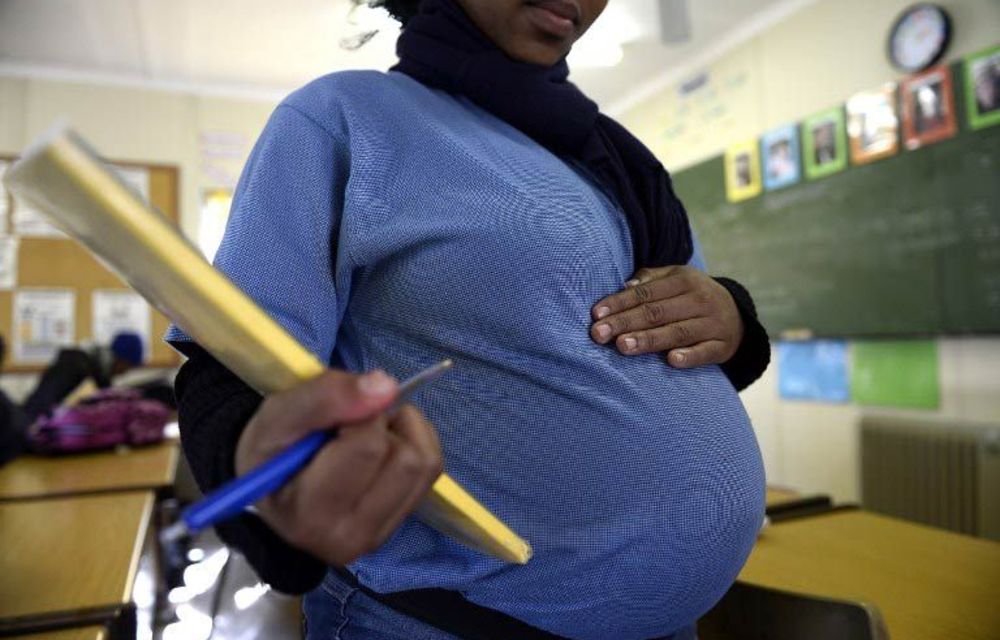But few will to listen to researchers who refute society’s accepted notion that teenage pregnancy is damaging to the child, mother and society.
COMMENT
President Jacob Zuma suggests that teenaged mothers should be separated from their children and sent “far away” – to Robben Island or any island – in order to complete their education. In making this suggestion, Zuma asserts that teenagers are unfit to mother, that production and reproduction are incompatible and that young women should be punished for becoming pregnant. None of these assertions is new, although this may be a unique way of packaging them.
Certain categories of women have been declared unfit to mother over time. In our own country, many poor black women were forcibly sterilised during apartheid. Until recently, lesbian women were unable to adopt children on the basis of their sexuality. Unwed or single mothers have faced significant social stigma and assertions of their inadequacy in bringing up children. Women with disabilities have been declared unfit mothers and their children removed from their care.
A new notion
Despite the social hype about “teenage pregnancy”, the category of “age” as a variable of fitness for mothering is in fact a relative newcomer. In South Africa, the notion of “teenage pregnancy” made its appearance in the late 1970s and early 1980s (about a decade after the United States). Prior to this, concern was expressed about unwed mothers and illegitimate children rather than “teenage pregnancy” as such.
The notion that teenage pregnancy is damaging to the child, mother, and society in general is now firmly entrenched in the public imagination. So much so that it is virtually impossible for researchers who refute this position to be heard.
These researchers show that the health, educational, economic and social outcomes of teenage pregnancy (for both mother and child) are no worse or better than for pregnancies among older women of similar socioeconomic circumstances.
If, however, we listen to these researchers, then the premises for treating teenaged mothers any differently from older mothers sits on shaky ground. In particular, there is the absurd suggestion that, should women want to get on with matters of production (learning or working), then they should forego reproduction and mothering. Women have long fought for the right to both work and to be mothers. This should not be any different for young women. Our only question should be how government and social systems support young and older women alike in learning and working.
‘It’s her fault’
Given our political history, the implication that young women should go to Robben Island is remarkable in the extreme. Is the president of our post-apartheid government implying that the new set of “terrorists” in our midst are young mothers? If they are to be sent to “any” island, does this mean that their very presence in our communities is untenable?
Whatever the reasoning behind these suggested locations, the implication of punishment and corrective training is clear. But again this is not new, particularly in the reproductive arena. When unwanted pregnancies occur, women are blamed for not planning the pregnancy and for not using contraception (as if the woman is solely responsible for conception). In circumstances of coercive and violent sex, women are enjoined to be assertive and to “say no”, thereby making them responsible for the outcome of the coercion or violence. When women are unable to see the pregnancy through to term and opt to terminate a pregnancy, they are labelled as murderers.
Catriona Macleod is the SA Research Chairs Initiative chair of critical studies in sexualities and reproduction at Rhodes University.

